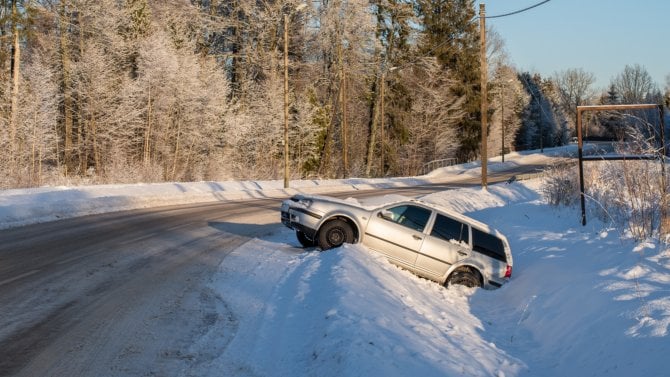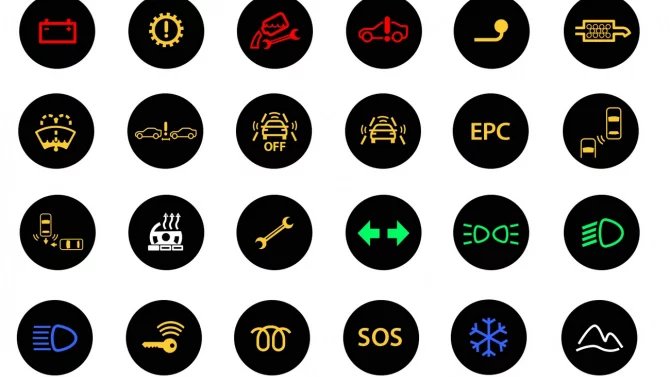...
By Jan Lopatka
PRAGUE, Sept 7 (Reuters) - The Czech economy slowed slightly in the second quarter but still grew by a healthy 6 percent, propped up by household spending that is likely to keep the central bank on its tightening path.
The result was exactly in line with the forecast in a Reuters poll of analysts and confirmed the outlook that interest rates, 75 basis points below the euro zone, would continue to rise after 25 basis point hikes in May, July and August.
"I think this number should not significantly affect thoughts about monetary policy development. Another interest rate rise is on the way this year or at the beginning of next year," said David Marek, chief economist at Patria Finance.
The Czech Statistical Bureau (CSU) also revised first-quarter growth up to 6.4 percent from a previously reported 6.1 percent.
The Czech expansion lagged the boom in neighbouring Slovakia, which posted 9.4 percent growth in April-June, and the 6.7 percent growth in northern neighbour Poland but outpaced Hungary, which reported 1.2 percent growth.
Household spending grew by 6.5 percent in April-June, as Czechs took advantage of growing wages to spend on cars, food, household equipment and holidays.
The rise in consumer demand dipped from 7.2 percent in the first quarter, but was still the second highest quarterly number in three years. Government spending dipped 1.6 percent.
Investments, listed as gross fixed capital formation, rose by 4.2 percent, and inventories jumped.
The foreign trade surplus made a very small contribution to growth.
The CSU said manufacturing, trade and corporate services were the fastest growing sectors in the economy.
LABOUR BOTTLENECK
The fast Czech growth has sparked fears of overheating, especially in the labour market.
The central bank said in the minutes of its Aug. 30 meeting, released on Friday, that wages and other labour costs were rising and the job market was becoming stretched.
"The growing labour demand and limited labour supply might signify the emergence of bottlenecks in the economy," the minutes said. "These bottlenecks may already be apparent in the construction industry, for example."
With the three interest rate increases so far this year by the central bank, the main two-week repo rate stands at 3.25 percent. Most analysts expect the rate to rise by another 50-75 basis points over the next year.
The crown currency was flat at 27.59 to the euro after the data, and later dipped to 27.605.




 Brzdná dráha delší až o deset metrů. Hlavně levné pneumatiky z východní Asie jsou pro řidiče rizikové
Brzdná dráha delší až o deset metrů. Hlavně levné pneumatiky z východní Asie jsou pro řidiče rizikové
 Test Renault Symbioz: S novým hybridem jezdí svižně a se spotřebou legendárního té-dé-íčka
Test Renault Symbioz: S novým hybridem jezdí svižně a se spotřebou legendárního té-dé-íčka
 Kdo nezvládne tento kvíz za plný počet, ten si dost možná auto zničí. Kontrolky jsou totiž základem komunikace mezi autem a řidičem
Kdo nezvládne tento kvíz za plný počet, ten si dost možná auto zničí. Kontrolky jsou totiž základem komunikace mezi autem a řidičem
 Nákup ojetiny jako rizikový podnik. Každá druhá ojetina ihned potřebuje nečekanou opravu za mnoho tisíc
Nákup ojetiny jako rizikový podnik. Každá druhá ojetina ihned potřebuje nečekanou opravu za mnoho tisíc
 Na český trh vstoupil další elektromobil, který má ambice nahradit Golf nebo Octavii. EV4 ujede přes 600 km a stojí pod milion
Na český trh vstoupil další elektromobil, který má ambice nahradit Golf nebo Octavii. EV4 ujede přes 600 km a stojí pod milion
